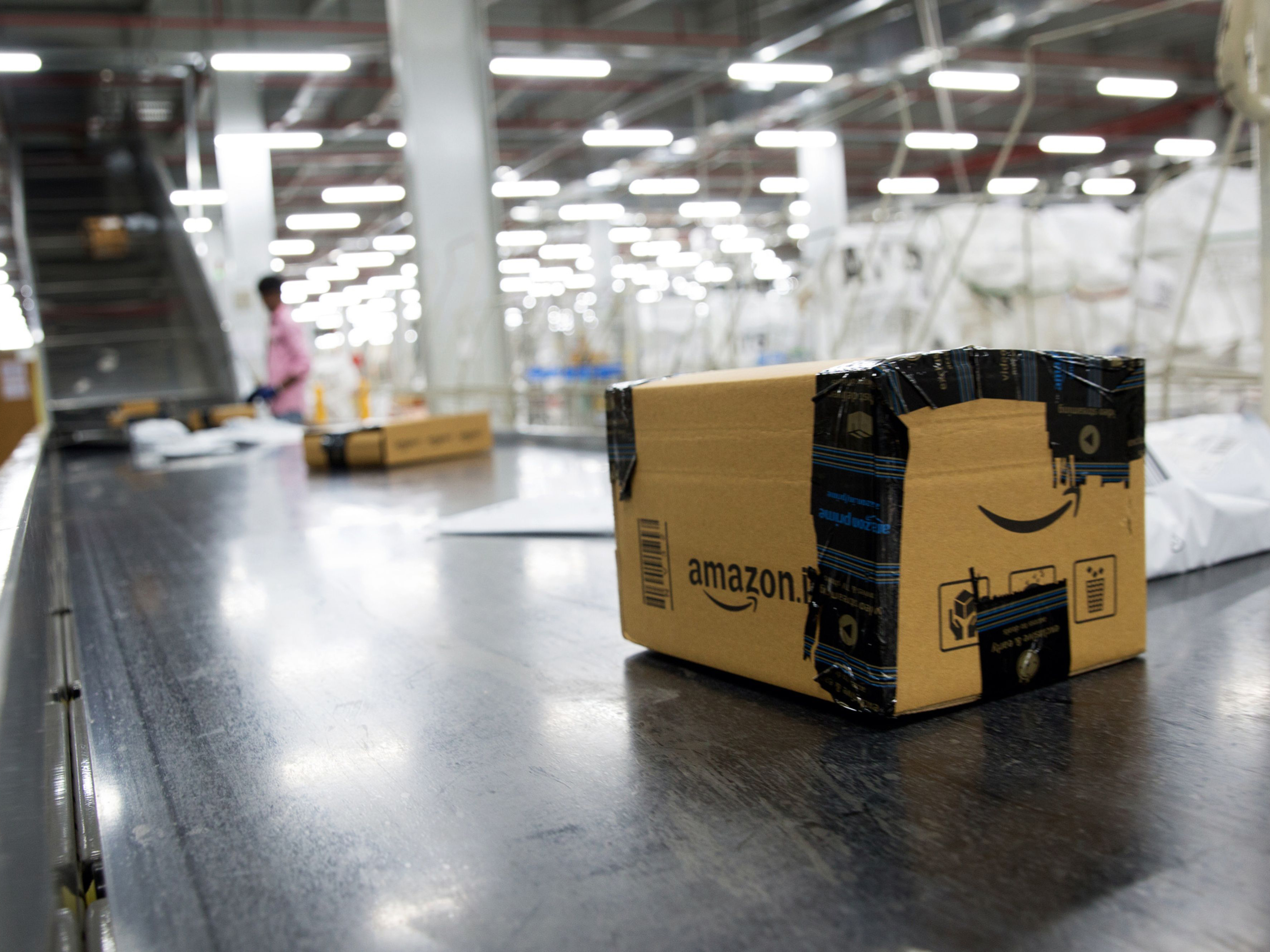
Amazon.com, Inc.’s nationwide network of giant fulfillment centers offers sellers an unmatched resource for processing and shipping e-commerce orders to buyers. But it’s not the only game in town.
Fulfillment by Amazon (FBA) draws on the e-tailing giant’s network of more than 110 fulfillment centers in the U.S. alone, totaling some 180 million square feet of storage and processing space. On half of its customers, many of them small to medium-sized sellers, Amazon picks, packs, ships and handles customer service and returns. Orders are eligible for free and two-day shipping to Amazon Prime members. While the arrangement seems a boon to e-commerce companies too small or inexperienced to handle their own orders, it also gives Amazon tight control over what gets stored and shipped, in addition to how much play the merchandise is given on Amazon.com.
Which poses a conundrum to smaller e-tailers: Should they leverage Amazon’s prowess in reaching buyers quickly and efficiently, even if that means sacrificing a direct relationship with customers? Who, in the end, controls the brand?
The first consideration, of course, is one of cost. FBA charges for every imaginable service it provides, including inventory storage, long-term storage, inventory removal, order fulfillment, returns processing, and “unplanned” services, such as when inventory arrives at the fulfillment center without proper labeling or preparation. Then there’s Amazon’s Inventory Performance Index, which grades customers on how good a job they’re doing in balancing inventory levels and sales. A low score results in Amazon placing limits on storage of the poor performer’s goods.
For a new, small or growing e-tailer, handling all of these responsibilities without the resources and guidance of an Amazon can be an enormous task. But there are other sources of aid, albeit ones with less scale. Ruby Has is a logistics services provider with six fulfillment locations, serving some 400 brands and processing more than 15 million orders. Company president Esther Kestenbaum says it makes sense for a smaller seller to seek out some kind of fulfillment support from an established operator. How and when they end up doing that can depend on what phase of development the business is in.
At the outset, it’s often not that onerous a job to handle fulfillment in-house. What newcomers discover very quickly, though, is that “this is an entire competency,” Kestenbaum says. “It takes an enormous amount of time and effort. And once they get a little bit of wind in their sails, there’s a tremendous tendency to realize they should look at having somebody else take care of this.”
Things can very quickly get complex, with a growing need for customization and multiple picks per order. Then there’s the requirement to forge strong ties with transportation providers, along with the technology needed to ensure efficient order-taking and processing.
A large part of Ruby Has’s customer base consists of brands that focus on direct-to-consumer sales, bypassing the platforms of Amazon and other giant retailers entirely. But even those merchandisers that are happy to sell on Amazon.com might balk at the prospect of getting stuck in the its fulfillment network. According to Kestenbaum, they risk losing control over their most valuable asset: their brand.
Ruby Has regularly accepts business from what Kestenbaum terms “refugees”: former FBA customers that opted to extricate themselves from that environment. “They want to get more nuance,” she says. “They’ve gotten to the point where they have a certain degree of internal sophistication and would like more control over their own destiny.”
What such companies miss in shedding FBA is the service’s expertise in inventory management. Ruby Has works closely with brands on their demand-forecasting models, Kestenbaum says, “but ultimately we are dependent on them. They have visibility to their own forecasting, we don’t.”
Still, outsourced fulfillment is anything but a transactional business. “They keep us abreast of all kinds of marketing initiatives, and the promotions that are coming,” says Kestenbaum of her customer base. “We try to advise as much as we can.”
Like Amazon, Ruby Has charges for inventory kept in its facilities, so a seller that builds up excess product will be hit with higher fees. At such times, a fledgling e-tailer might miss the expertise of FBA, even if that means subjecting itself to regular report cards on inventory performance. But Kestenbaum says her company has an equal interest in minimizing inventory.
“We’re not in the storage business,” she says. “Our interests are entirely aligned with those of our customers — to maximize receiving, picking, packing and throughput. Holding inventory is not something that’s attractive from a financial standpoint.”
Ruby Has has ambitious plans for growing its network of fulfillment centers across the country, even if they never approach the size and scale of Amazon’s dominant network. So the decision by a small or medium-sized e-tailer on whom to trust for providing efficient fulfillment — indeed, whether to outsource that crucial task at all — is neither easy nor automatic. Like every aspect of e-commerce, it’s a never-ending balancing act.







